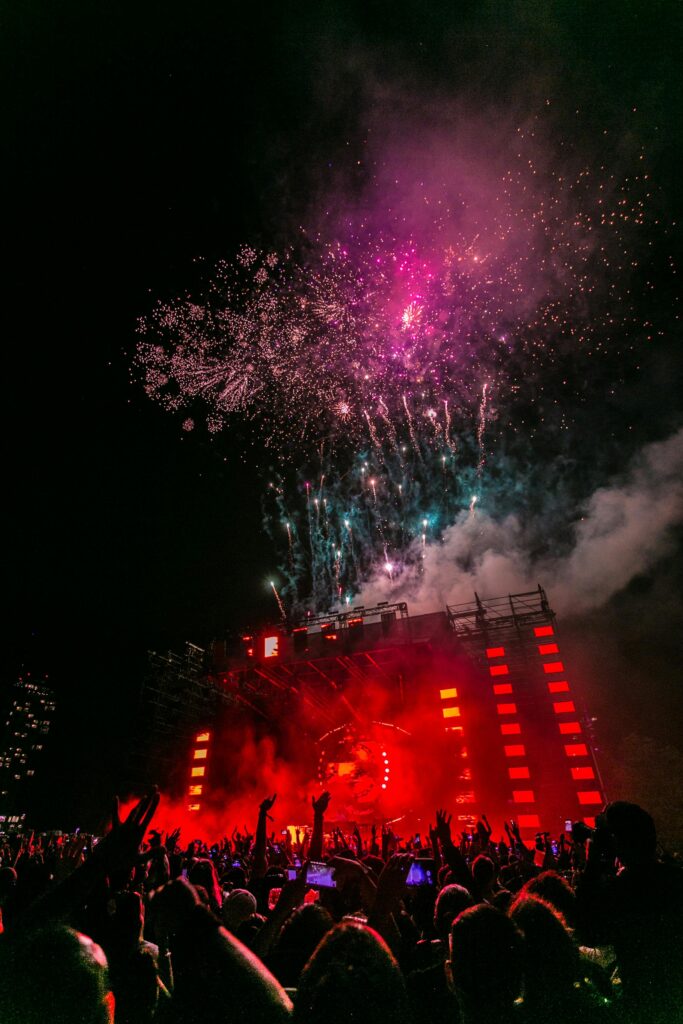The Power of Events and Brand Activations in Driving Customer Engagement
In a world where digital interactions dominate, in-person experiences through events and brand activations have become an essential marketing strategy for businesses looking to build strong connections with their audience. Events provide a unique opportunity for direct engagement, brand awareness, and customer loyalty. In this blog, we explore the impact of events and brand activations and how they can elevate your business.
1. What Are Events and Brand Activations?
Events and brand activations are marketing strategies designed to create memorable experiences for customers. They allow brands to interact with their audience in a meaningful way, fostering trust and long-term relationships. These experiences can take various forms, including:
- Product launches – Introducing new products with interactive showcases.
- Pop-up events – Temporary brand spaces for exclusive experiences.
- Trade shows and expos – Networking opportunities with industry leaders.
- Sponsorship activations – Associating your brand with relevant events.
- Experiential marketing campaigns – Immersive experiences that engage the senses.
2. Why Events and Activations Matter
Events and brand activations offer unique benefits that digital marketing alone cannot provide. Key advantages include:
- Face-to-face engagement – Strengthens trust and customer relationships.
- Brand awareness – Creates buzz and strengthens brand positioning.
- Interactive product experiences – Allows consumers to experience products firsthand.
- Social media amplification – Encourages attendees to share experiences online.
- Lead generation – Provides opportunities for collecting customer data.
3. How to Plan a Successful Brand Activation
A well-executed event or brand activation requires careful planning and strategy. Follow these steps to ensure success:
- Define your goals – Identify what you want to achieve (e.g., awareness, sales, engagement).
- Know your audience – Tailor the experience to your target market.
- Choose the right venue – Ensure accessibility and alignment with your brand image.
- Incorporate technology – Use QR codes, AR experiences, or live streaming for digital engagement.
- Promote the event – Leverage social media, email marketing, and partnerships for promotion.
- Engage attendees – Provide interactive experiences, giveaways, and networking opportunities.
4. The Role of Social Media in Event Marketing
Social media plays a critical role in maximizing event reach and engagement. Strategies include:
- Event hashtags – Encourage attendees to share experiences online.
- Live streaming – Broadcast key moments in real-time.
- User-generated content – Feature attendee posts on brand channels.
- Post-event engagement – Share highlights, testimonials, and follow-up offers.
5. Measuring the Success of Events and Activations
To ensure continuous improvement, businesses must track the performance of their events. Key metrics to measure include:
- Attendance and engagement rates
- Social media impressions and shares
- Lead generation and conversions
- Customer feedback and reviews
- Return on investment (ROI)
Conclusion
Events and brand activations are powerful tools for driving customer engagement, increasing brand awareness, and generating leads. By integrating strategic planning, innovative experiences, and social media amplification, businesses can create unforgettable moments that leave a lasting impact on their audience.
At K Media, we specialize in planning and executing high-impact events and brand activations that align with your business goals. Contact us today to elevate your marketing strategy with experiential marketing solutions!
